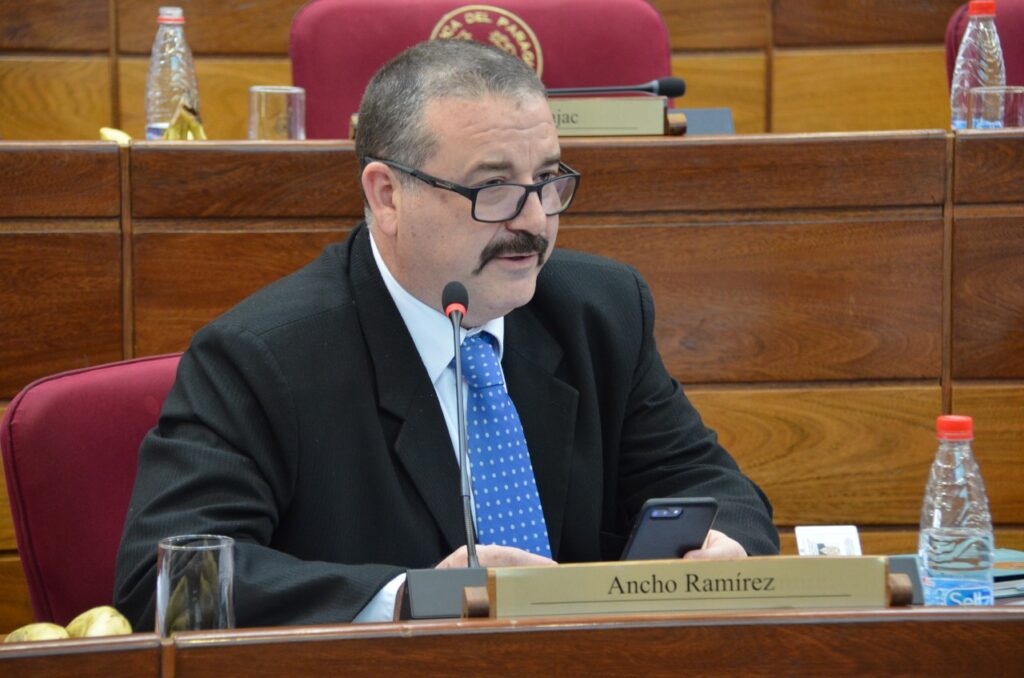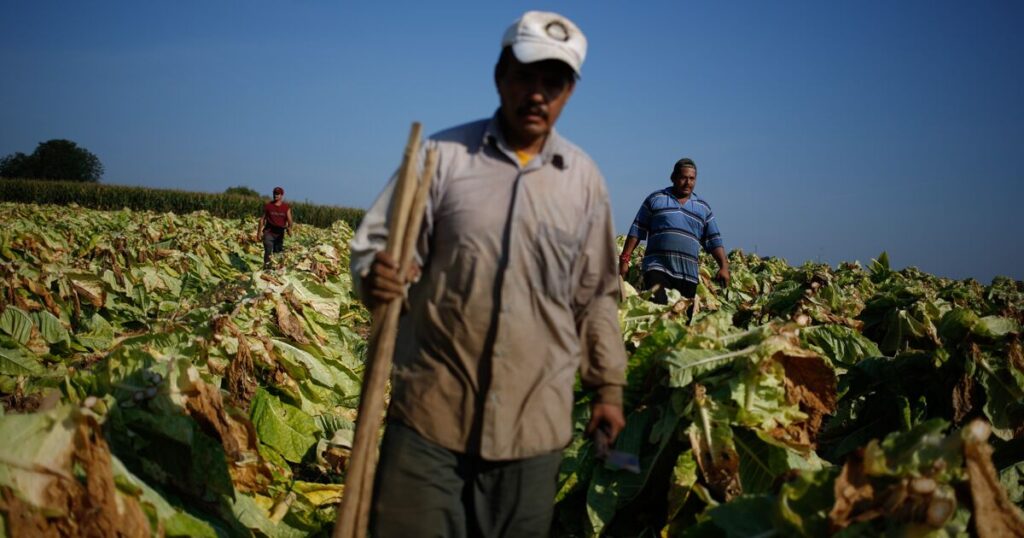The Minister of Labor and Labor Development, Doris Zapata, said that Panama continues to be a benchmark at the regional level in terms of its participation in organizations to overcome the wage gap for women.
During the presentation of the National Plan for Equal Pay 2022-2025 of the Republic of Panama, the head of the Ministry of Labor and Workforce Development pointed out that Panama is part of the International Coalition for Equal Pay (EPIC). ) and provides concrete actions to work on the salary gaps between men and women.
Zapata stressed that, after the impact of the pandemic, the evolution that women had been having in the workplace for 10 years has been reversed, which represents a greater commitment on the part of all government institutions to advance clear actions with the articulation of multiple actors and have concrete data regarding what the labor market is like and its impact on women.
The regional specialist for economic empowerment policies of UN Women, Raquel Coello, highlighted that at the country level there are important challenges to address, such as strengthening data acquisition and measurement through salary and time use surveys. , which makes it possible to see how men and women make use of time and would help reveal why women continue to have greater difficulties in accessing the labor market. She adds that there are other challenges within some companies regarding specific jobs.
“There are methodologies that are already made available and some promoted by the Panamanian government so that companies can ensure that they are making a fair payment, not only for equal work but also for work of equal value. If a job is worth the same, it should be paid the same, even if they are in different categories,” said the UN Women specialist.
For her part, the Minister of Foreign Affairs of Panama, Erika Mouynes, stressed that the country advocates political empowerment, the participation of women in management positions and equal pay. She pointed out that the pending frontier in the fight for equal rights is remuneration and that purchasing power and economic autonomy continue as a pending subject to be approved on the true path to equal treatment.
At the regional level, after Panama, Costa Rica and Peru have also joined the International Coalition for Equal Pay. These countries have promoted specific legislation to achieve equal pay for men and women in the workplace.
With information from Sergio Rivera.











